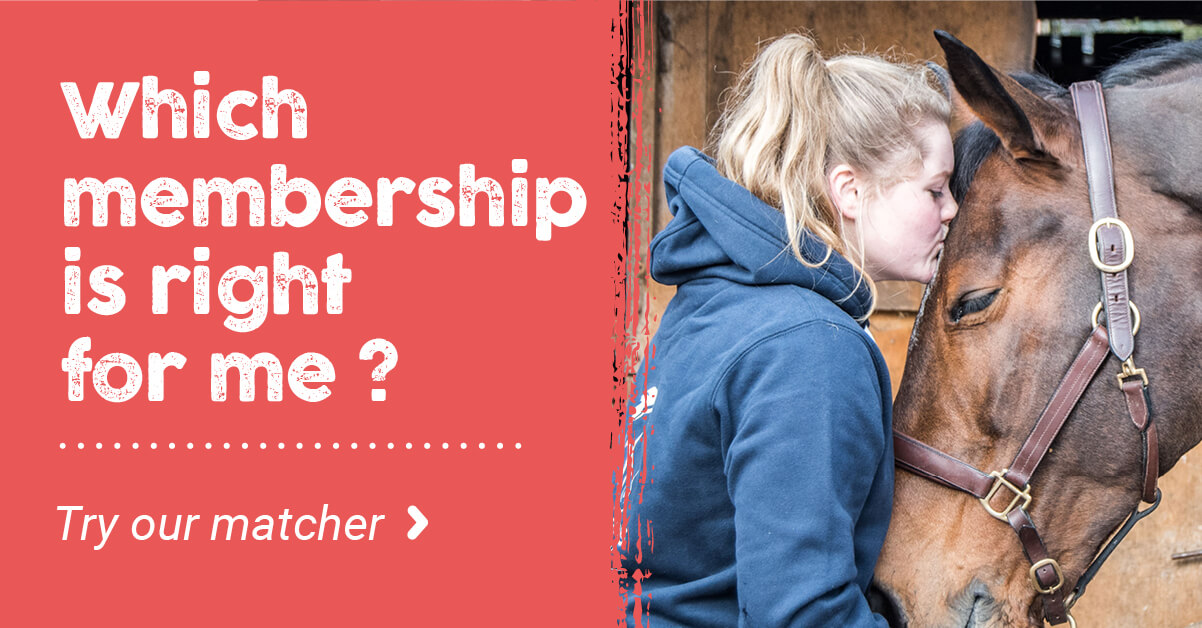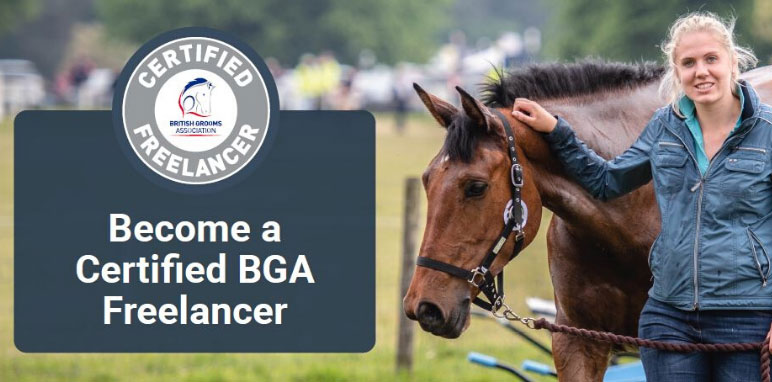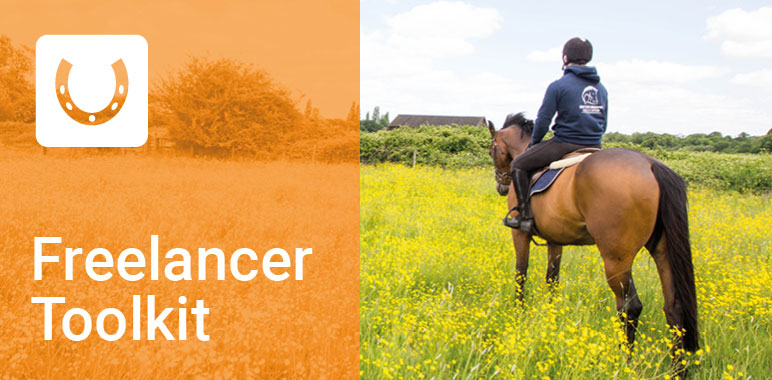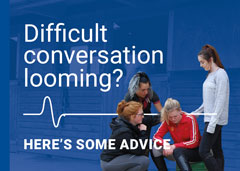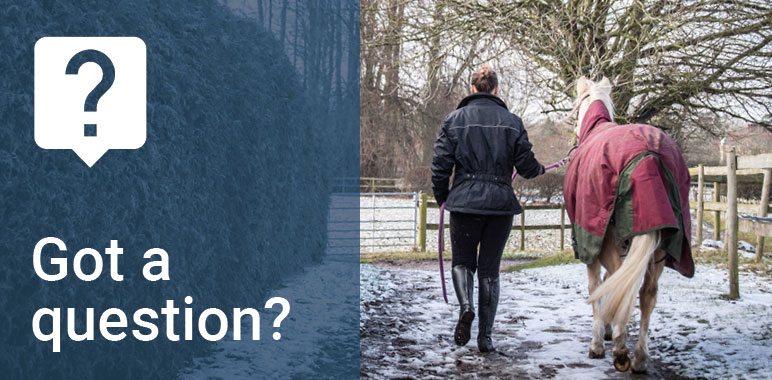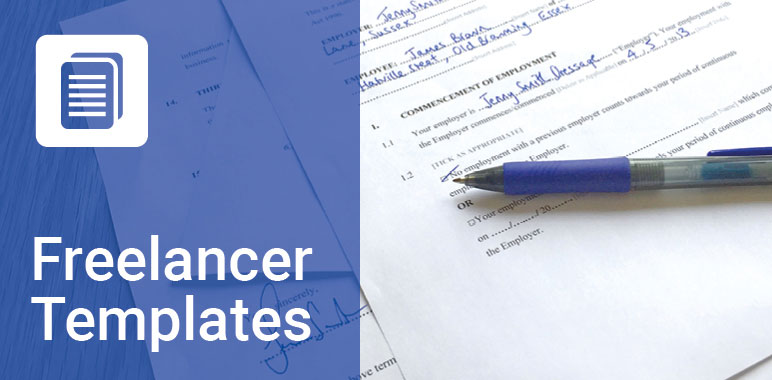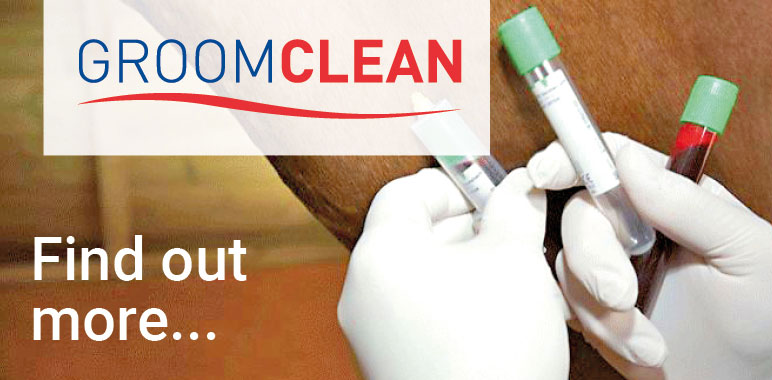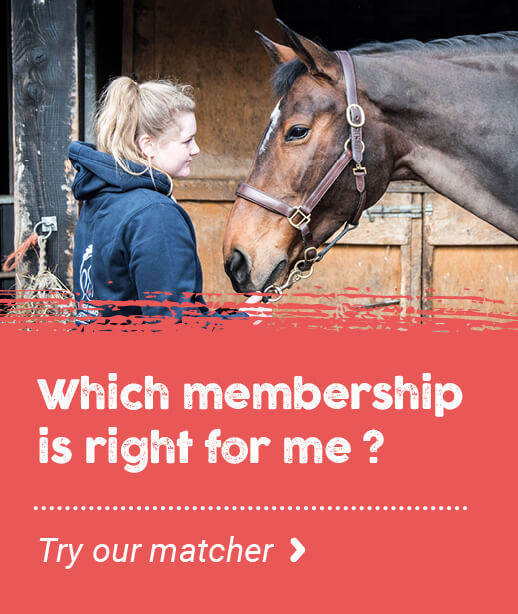- Join Now
- Login
- Member Zone
- Your Career
- Freelancing
- International Grooms Association
- BGA Training
- Healthy Yard Healthy Horses
- Transporting horses
- Brexit
- Safe workplace
- Student Zone
- Member Discounts
- BG Magazine
- Member services
- Training & Careers
- BGA CV Creator
- Horse groom training
- Where to Train
- BGA E Learning
- Career choices
- Change to Racing
- First Aid training for grooms
- Parents
- Grooms Jobs
- Grooms Life
- About
- News
- Contact

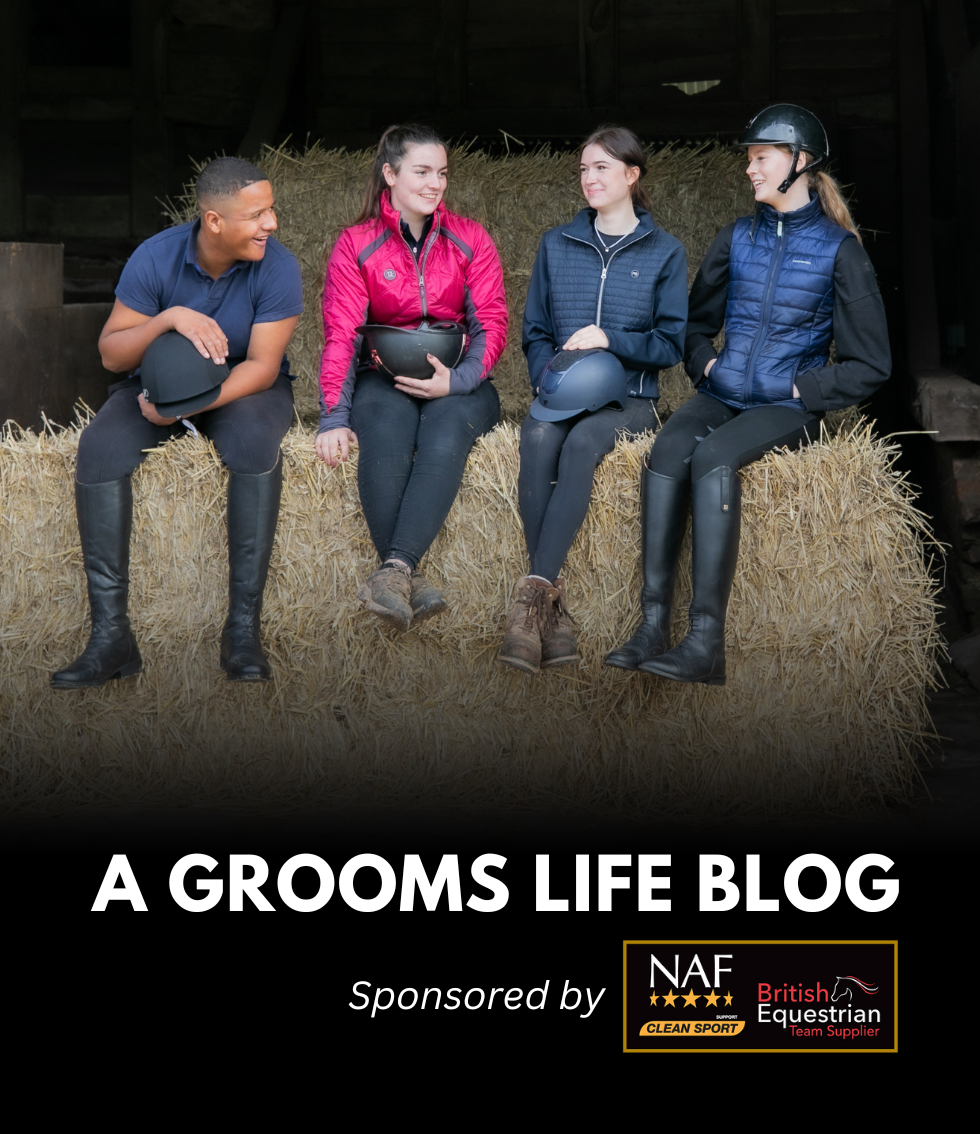
As part of the Equestrian Employers Association's Good Employment Week, Juliet Hamlyn-Payne, BGA Communications Manager, talks what Good Employment looks like. "Do you know what Good Employment is? Are you certain your employment is legal? and do you understand your rights? These are questions all grooms should know the answer to. We work hard to educate grooms in matters surrounding their industry, including what is legal employment. Which is why it is so important for everyone to get involed with Good Employment Week, (GEW), this annual campaign is orgainsed by our sister association, the Equestrian Employers Association (EEA). The week aims to raise awareness surrounding matters of Good Employment and to highlight the importance of employing legally, kindly, and fairly. Let's look a little deeper to find out what Good Employment means. Working in the equestrian industry is extremely rewarding, and a passion for many, but can be hard physical work with long hours. Poor employment practices are still far too commonplace. In many incidences, these practices are illegal. In the latest survey carried out by the British Grooms Association (BGA), 55% of grooms reported that they are working with no contract of employment. It really is time to wise up and have a zero tolerance for poor employment. If all grooms challenged poor employment then the industry would become a place where only Good Employment is accepted. Our survey also showed that underpayment of the NMW and breaking the Working Time Regulations through long hours and no holidays are common - come on grooms, please record your working hours and time off. A quick note on your mobile at the end of the day is all it takes. By recording your working hours you can easily see if you are being paid at least NMW for EVERY HOUR worked! This information is so important to any future complaints or claims. Some grooms are still being told they are self-employed, which often leads to them having an incorrect employment status, affecting the employment rights they are entitled to. These poor employment practices need to be stamped out! It is important for grooms to be employed legally and fairly to ensure that the industry is a professional, safe, and happy place to work. Being a member of the BGA is a great place to start, as the website and helplines have a wide range of advice and guidance on all things related to good employment. If you aren't sure you are employed correcly use our quick and easy online checker to help you. Having a contract of employment in place, being paid correctly (at least the NMW for your age including any overtime worked), and able to take your holidays without much fuss, then these are all good indicators. However, good, fair, and legal employment goes beyond this. The EEA has The Code of Good Employment, which has been designed for equestrian employers of all sizes and all sectors of our industry. It marks an important stage in the development of good employment practice in the equestrian world. As a groom, you can look at the code to see how your employer measures up and use it as a guide as to what you should expect within your own employment. MAKE IT LEGAL Requirements are adhered to in order to be compliant and protect your business. A. Correct employment status of staff. PAY CORRECTLY The statutory laws regarding salaries are observed. A. Paying at least the National Minimum/ Living Wage. GOOD MANAGEMENT An organised and caring culture to ensure staff feel valued and happy. A. Holiday leave planned and taken. SAFE WORKPLACE The laws regarding having a safe workplace are adhered to. A. The legally required insurance is in place. Find out more information about Good Employment Week and the Code of Good Employment and Good Employment practices on the Equestrian Employers Associations website. Employing legally is not a choice and an employer has a responsibility to ensure that everything is done correctly to protect you and themselves. If you need more help please do join us, we are here for ALL grooms." Juliet The BGA is your organisation that supports, represents, and champions the career of all grooms. As a BGA member you will enjoy discounted insurance policies, education, and support. Be part of a community of grooms, just like you. If you would like to become a BGA member, have a look at our membership options, available for less than 50 pence per week. Do you know what Good Employment is?
21st November 2023

Why are good employment practices important to grooms?How do I know my employer is employing me correctly?
The Code of Good Employment
THE CODE HAS FOUR KEY PRINCIPLES:
B. Written contracts provided to all workers and employees.
C. Staff Handbook with policies in place available for staff.
D. Fair and transparent recruitment process.
B. Salaries reviewed on an annual basis.
C. Compliance of PAYE, payslips and pension regulations.
D. Accommodation regulations adhered to.
B. Sickness policy and procedures exist.
C. Maternity/paternity requirements adhered to.
D. Periodic appraisals for staff.
E. Training and development opportunities for staff if desired.
F. Team culture which embraces good two-way communication.
G. Bullying or harassment in any form is not tolerated.
B. Strict adherence to Health and SafetyAre you employed correctly?
Why Join the BGA?
Belong to your professional association
BLOG ARCHIVE
- 2026 (3 ENTRIES)
- 2025 (14 ENTRIES)
- 2024 (52 ENTRIES)
- 2023 (60 ENTRIES)
- 2022 (35 ENTRIES)
- 2021 (24 ENTRIES)
- 2020 (19 ENTRIES)
- 2019 (45 ENTRIES)
- 2018 (36 ENTRIES)
- 2017 (7 ENTRIES)
What the personal accident policy covers you for:
- Whilst at work
- All stable duties – mucking out, grooming, washing off, turning out
- Clipping
- Riding – including hacking and jumping
- Hunting
- Lunging
- Breaking in
- Holding horse for a vet and other procedures
- Travelling horses both in the UK and abroad
- Competing in line with your job including: jumping, dressage, eventing
- Injuries that may happen to you whilst you are teaching - but you must also be grooming as part of your duties and not be a sole instructor
What the personal accident policy doesn’t cover you for:
- Riding in a race, point to point or team chase
- Stunt Riding
- Accidents occurring whilst travelling to and from work
- Riding and competing your own horse (but you can upgrade when applying for membership to include this)
- Public Liability – this is a separate insurance policy - the Freelance Groom Liability Insurance
- Care Custody and Control – this is a separate policy - the Freelance Groom Liability Insurance
If you require additional cover then please contact KBIS directly.
| GROOM | RIDER | EMPLOYER | |
|
When you are working for other people you do most of the following; muck out, turn out/catch in, tack up, groom horses, exercise Horses (including hacking, jumping and schooling), in the care of your employer/client. |
|
|
|
| Predominantly ride horses for other people including schooling, exercising and competing. | NO |
YES |
YES |
| Provide grooming services for someone else either full time or on a freelance basis i.e. an employer or a client. | YES |
NO |
NO |
| Employ staff – have an employers liability policy in your name | NO | NO | YES |
| Buy and sell horses | NO | YES | YES |


